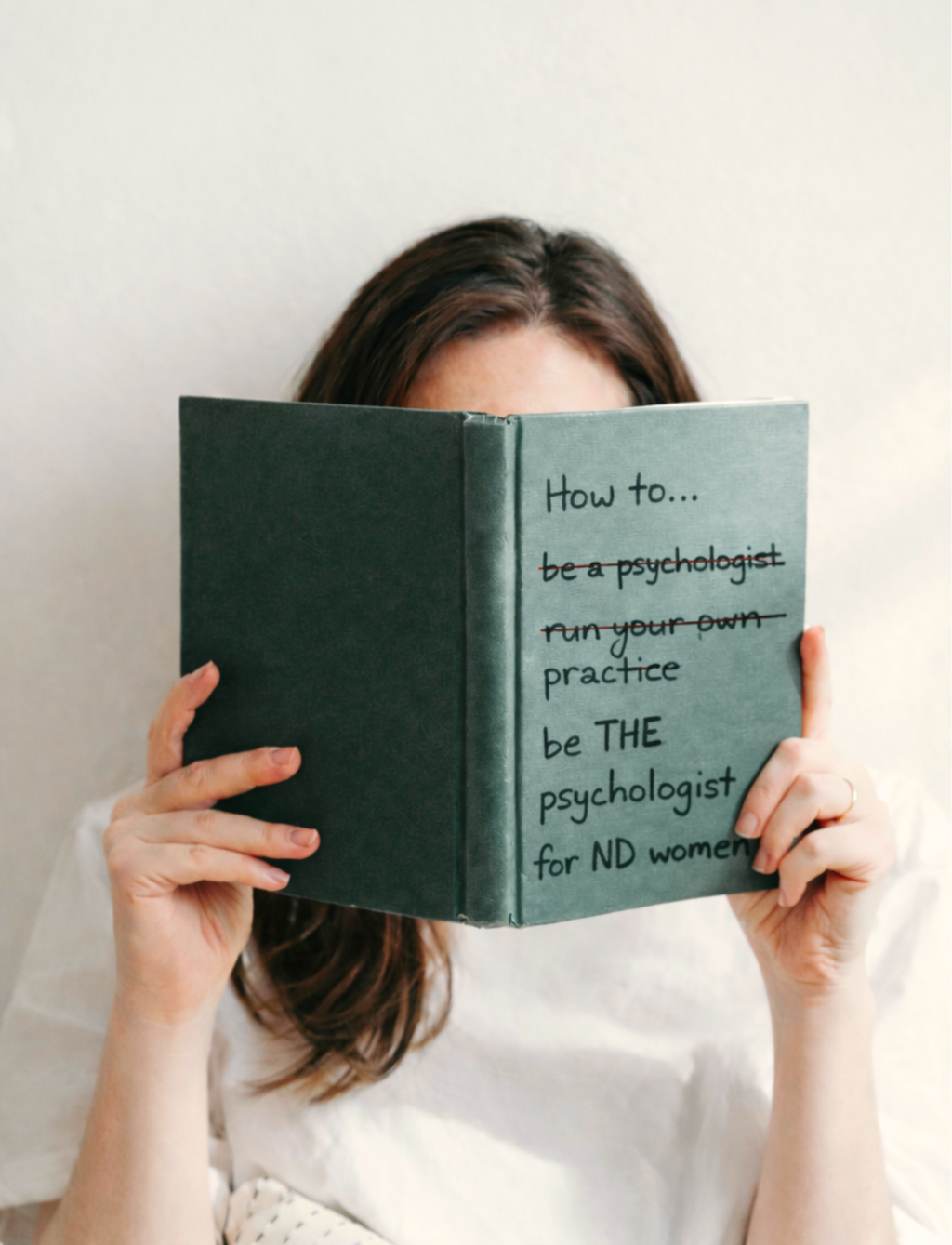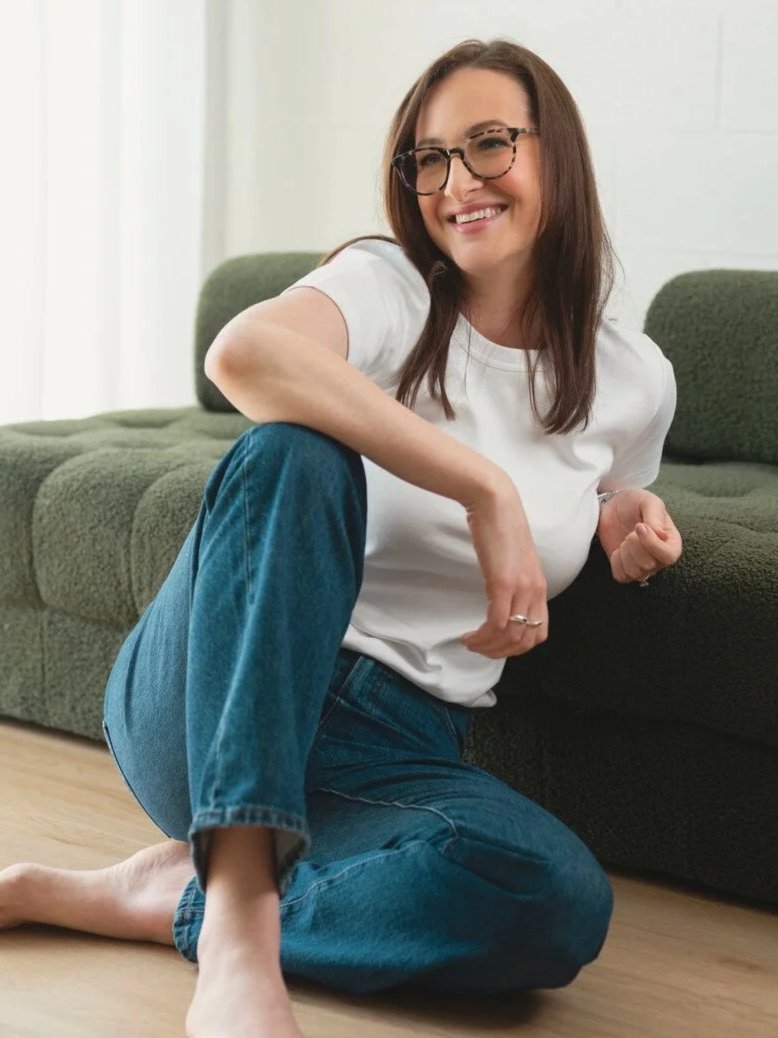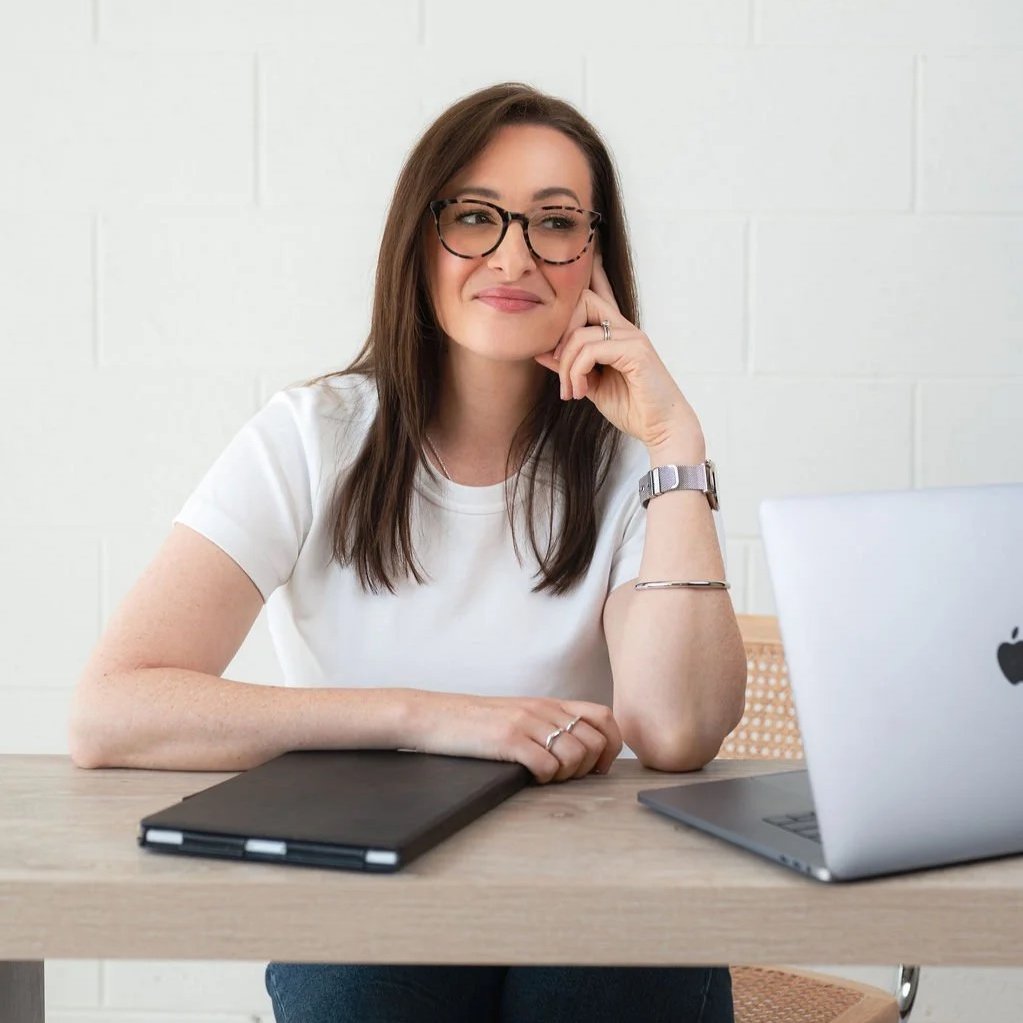
About Cara
HI, I’M CARA…
I'm a clinical psychologist who works exclusively with late-diagnosed autistic, ADHD and AuDHD women.
If you're here, there's a good chance you've spent most of your life trying to figure out why everything feels so much harder for you than it seems to for everyone else – or maybe you've always sensed there was something different about you that you just couldn't put your finger on. You might have finally gotten an autism or ADHD diagnosis (or strongly suspect you should have one), and now you're dealing with a whole new set of questions about who you are, how to cope, and what it all means.
That's where I come in.
CURRENTLY I’m…
-
WATCHING: "Fallout"...post-apocalyptic chaos is surprisingly relaxing at the end of the day!
Fallout (Amazon Prime).
Who knew that post-apocalyptic chaos is surprisingly relaxing at the end of the day? -
READING: A Court of Thorns and Roses...I shamelessly love a good fantasy escape with zero academic merit.
A Court of Thorns and Roses - I shamelessly love a good fantasy escape with zero academic merit.
-
OBSESSED WITH: Finding the perfect walking pad - I've researched approximately 47 models (this girl needs more movement in her day).
Finding the perfect walking pad - I've researched approximately 47 models and the winner is now sitting on my living room floor (we'll see if I actually use it).
-
REMINDING CLIENTS:
The things you think are "odd" or "just you"? They actually make perfect sense when you understand your neurodivergent brain.
-
WORKING ON:
Making this updated website the best possible place for a newly diagnosed woman to land - somewhere that actually feels welcoming and just GETS it!
-
GOOGLING AT 2AM:
The best calendar system for someone who loves building the system more than using it (still searching for The One).(Spoiler: I haven't found it yet.)
WHAT’S MY STORY…?
How I Got Here…
Early in my career, I was at a practice known for its autism work. I was, however, seeing clients for the usual suspects – anxiety, depression, relationship struggles, and often that pervasive feeling of "I just can't seem to get my life together." Eventually, they needed more therapists for their autistic clients, so I started working with autistic clients too - and I LOVED it.
Years later, I moved to another practice where I became their go-to person for autism-related work. But here's where it got interesting: I started noticing patterns in some of my other clients – the ones who came to me for anxiety, depression, burnout, or relationship struggles, certainly not for anything autism-related. Patterns of masking, sensory overwhelm, social exhaustion, burnout, and of feeling a bit out of alignment with their own life. These were highly masked women who had never even considered autism might be part of their story.
And once I saw it, I couldn't unsee it. I realized these women had been struggling for years – often decades – without understanding why. They'd been told they were "too sensitive," "too anxious," "too much" or somehow not enough (or been misdiagnosed with things like bipolar or BPD). They'd been misdiagnosed, under-supported, and fundamentally misunderstood.
They deserved better. And if I'm being completely honest, working with these women absolutely lit me up. I'd leave sessions buzzing and genuinely loving what I do. So about five years ago, after the birth of my daughter, I made the leap to start my own practice. This gave me the freedom to truly focus on this work - and it's where I really became known for supporting late-diagnosed autistic women. As I deepened that focus, I quickly realized I couldn't work with autism without also working with ADHD. They're both so commonly undiagnosed and misdiagnosed in women, and the overlap (AuDHD) is significant, complex and widely misunderstood. I'm passionate about changing that and ensuring women can truly understand the contradictions of being an AuDHDer. As it turns out, I was equally fascinated and passionate about ADHD (especially the high-masking kind I see in my practice) and supporting these women through the same late-diagnosis journey. So my practice evolved to serve all three - autistic, ADHD, and AuDHD women. It's become the work I'm most passionate about and honestly? It's a privilege to do.
NOT JUST ANXIETY AND DEPRESSION…
Why this work matters…
Being autistic or ADHD (or both) in a world built for neurotypical people is exhausting. Being a neurodivergent woman comes with its own particular brand of struggle, especially if you're late-diagnosed. You've likely spent your whole life learning to mask, to perform, to mould yourself to fit into spaces that were never designed for you (and weren't always all that comfortable).
And then you get diagnosed (or figured it out yourself), and suddenly everything makes sense... but also nothing makes sense. There's grief. There's anger. There's confusion about who you even are without the mask you've unwittingly worn almost your entire life. And then there's the question of... "now what?"
This is complex, identity-altering stuff. You want to understand yourself and your diagnosis better, and start making things feel easier! That takes support from someone who genuinely gets it, can help you figure out what you need and (realistically) how to get there, and makes sessions feel less like therapy and more like talking with someone who just gets you.








